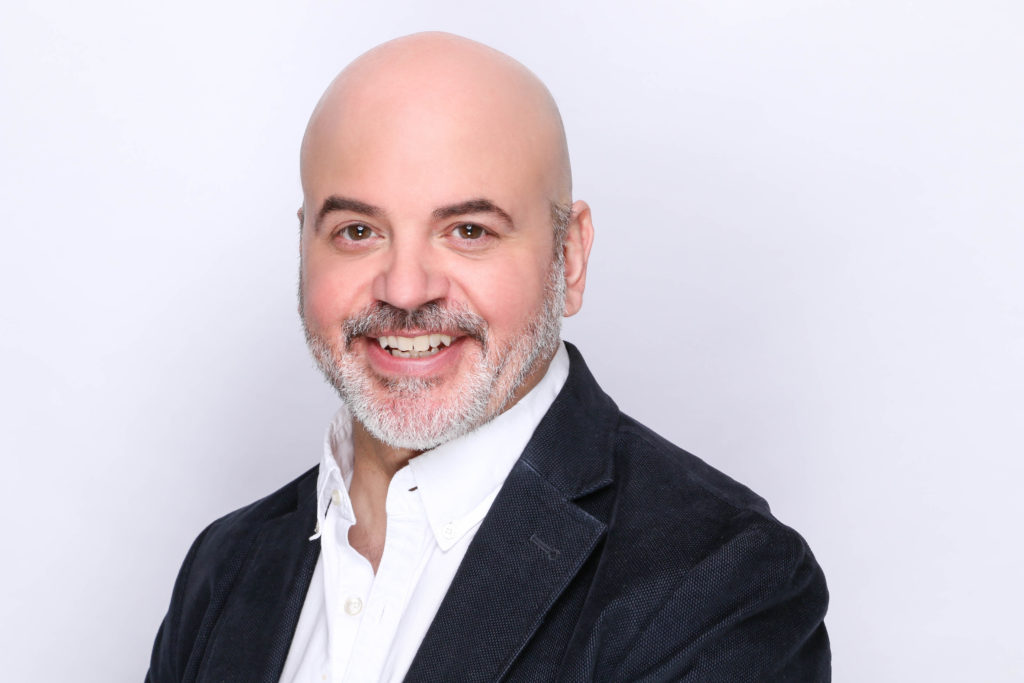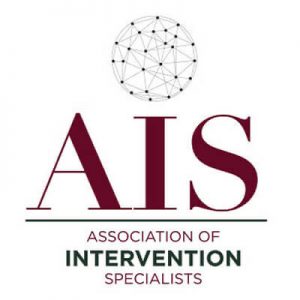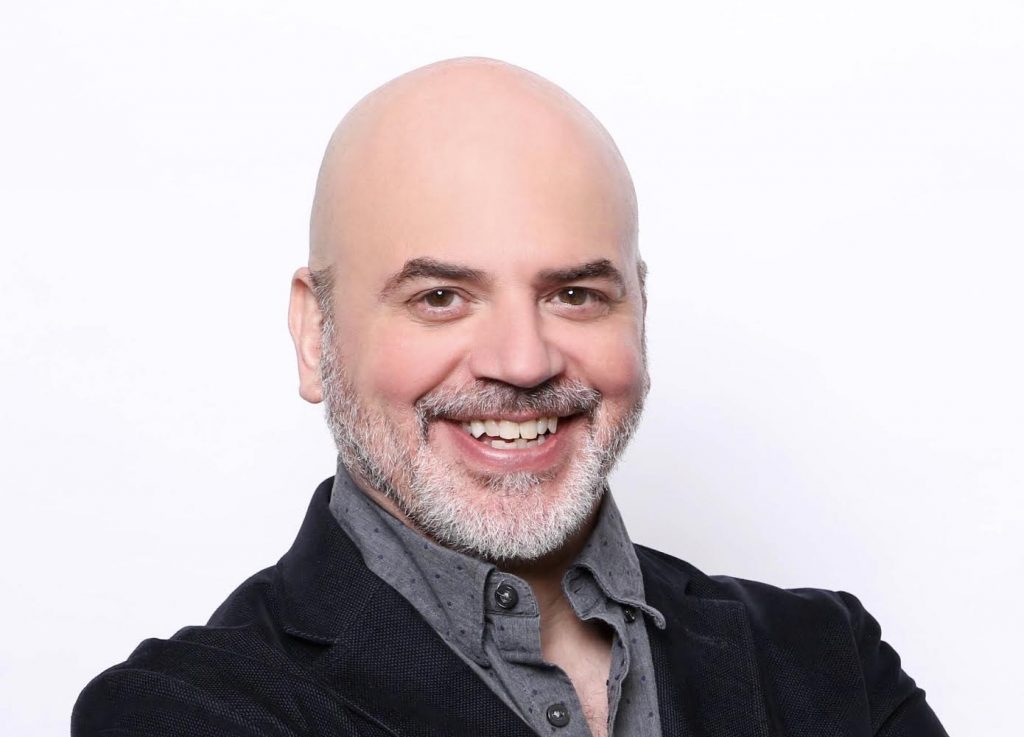Help Today
Today is the day for new possibilities and a higher quality of life.
We Are Here
To guide families and individuals who are experiencing the impact of Substance/Alcohol Use Disorder, Mental Health & Trauma to healing, well being and a genuine higher quality of life.

Addiction left untreated is a continual cycle of crisis.
Families don’t have to wait for the irreversible to happen. If a friend, family member, colleague, or co-worker is unwilling to accept help for their Untreated Alcohol/Substance Use Disorder, Mental Health, and trauma. A professional Intervention is highly recommended.
We specialize in guiding the family as well as the person needing help with Substance/Alcohol Use Disorder, Mental Health, & Trauma to appropriate treatment and therapy. Many have lived in a state of crisis for so long that they are unaware that they’re still surviving the crisis.
Our Services
It would be an honor to help. We are committed to meeting the individual needs of our clients and their families or organizations.

Family Coaching
Family Coaching is an essential part of the Intervention process. Contributing directly to our client’s desired long-term positive outcome. Family Coaching can be scheduled independently from Intervention as well.

Intervention
Our professional Intervention processes are simply a genuine, compassionate invitation to accept help with an extraordinary amount of mindful, educated preparation. We strongly encourage you to start immediately.

Consulting
Consultation and Assessment are the first steps in determining the most effective, individualized paths to help. As well as identifying resources that are most appropriate to meet our client’s individual needs.

Sober Companion
A travel companion who often possesses clinical skill sets, relevant experience, and/or coaching skills ensures that our client, client’s family member, or patient arrives safely to or from treatment.

Treatment Placement
Many treatment centers claim to be all things to all people. This is a falsehood. We specialize in making qualified and clinically sound treatment/therapy placement and assessment referrals for our clients and their family members.
Testimonials
With respect to client confidentiality and the nature of our work, names have been omitted from the following testimonials.
New York, NY
Columbus, OH
Boston, MA
Oxford, MS

Arthur Westinghouse CIP, CADC


Molly Haines, CM, CRS
We are a team that cares.
Our commitment to the progressive well being and long term successful outcomes for our clients is unparalleled. We are here to educate, support and guide our clients at their own individual pace for every step of the way.

Things to consider when choosing an Intervention Specialist
1. It’s most important that the family connect with and trust the interventionist. More so than the person who’s engaged in active addiction. The individual will always vacillate on who they like or don’t like to suit their instinctual wants and needs. (remember that they are impaired at some level and motivated by avoiding discomfort) It’s most important for the person living with substance use disorder to connect with and trust their primary therapist and peers once they enter a program or begin therapy. To choose an interventionist based on the assumption that the individual person will like or connect with them can be a costly misstep by a family. Don’t choose based on outward aesthetic or a “false self” projected character.
2. The Interventionist should hold a current active CIP (Certified Intervention Professional). This can be verified with the Pennsylvania Certification Board. (The only state board who oversees this credential). Not to be confused with privately provided acronyms of credentials that have no oversight other than the private organization who provides them.
3. If possible, choose a local or nearby Intervention Specialist. A local certified Interventionist will have a much higher level of creative flexibility to support and assist in your situation than someone who primarily resides elsewhere. This is recommended as opposed to being billed a ridiculous amount of travel expenses for someone to fly in. The Association of Intervention Specialists website is a great resource for finding a local or nearby credentialed professional to help.
4. Be aware that a professional intervention is a highly involved process that extends well beyond getting someone through the door of a treatment center. If that appears to be the sole focus, it generally is. “Just getting them there” doesn’t work. There are thousands who “just got there” and unfortunately keep going back. This can also be another costly misstep.
5. Watch out for the larger than life personalities and well versed talkers. Within behavioral health and the helping profession less is usually more. The less attention drawn to the guiding professional, the better. The majority of the focus should be on the family and the person whom they’re working to motivate willingness to accept help for Alcohol/Substance Use Disorder and/or Mental Health.
6. Don’t agree to any services in writing prior to speaking directly with the Interventionist that you’re potentially working with for at least an hour or more, consulting about your specific situation. It’s been known that by way of Google search a person may reach a call center where they will not accommodate speaking with the professional prior to getting a signed agreement, sometimes while on the first phone call. Please be aware that these situations often don’t play out well.
7. If a treatment center or treatment network supplies you with an employee Interventionist, it’s highly likely that this person will be biased to bring the person to one of their employers network of facilities for services, even if it’s potentially not the appropriate center to meet the needs of the individual. (Of course they will tell you that they are not biased). Please use your judgment.
8. Cost can vary significantly. Find out, in detail what exact services will be provided. Such as Intervention process, case management, family coaching, scheduling at what frequency over a specific period of time, etc. With intervention, going with the cheap priced service can turn out to be extraordinarily costly in the long run.
9. Be mindful of 12 step heavy language. There are many charging a ridiculous amount to families for just trying to talk someone into getting help without family focus, preparation or education. This would be considered a paid 12 step call that a 12 step member will gladly do for free. Not to be confused with a professional intervention.
10. Please be mindful of potential manipulative or bullying tactics. Over use of the term “leverage”. Some will hire an interventionist simply based on their size, thinking they’ll be able to scare the person into submission. This is not a professional Intervention. These engagements do not produce the desired outcome beyond possibly scaring someone through the door of treatment and inflicting further trauma. It’s common in these situations for the person to leave treatment early with the family paying the center an extraordinary nonrefundable fee.
11. A professional interventionist should provide a short list of financially conscious treatment and therapy referrals following significant time spent during initial consultation. They should also have no direct financial relationship with these provided resources based on referral.
12. It’s proven to be most effective to have a progressively developed team of multidisciplinary professionals working with families and their loved ones over an extended period of time. There’s much more, but hopefully this will help as you’re considering Intervention support.
.

Frequently Asked Questions
How do we know that we’re at the point of needing an Intervention?
The reality is that most don’t realize or have avoided the need for an intervention process well beyond the point of bearable unmanageability. It’s also common to have become so desensitized to the continuing crisis that they find it challenging to be open to change or possibility for a new path forward. A person who’s living with Substance/ Alcohol use disorder and/or untreated Mental Health such as anxiety or depression will not be motivated to seek help on their own without some form of consequence or Intervention experienced. Intervention is a broad term with many associated connotations. Through appropriate assessment and consultation we are able to assist in determining if and what level of intervention is needed to address your specific situation. When a family reaches a point that they can acknowledge that they’ve reached a bottom in relation to a friend or family members untreated Substance/ Alcohol use and /or Mental Health, new possibilities begin to appear. One being the possibility of a successful intervention process, followed through to a long term successful outcome for all involved.
We’ve tried everything to help them. What will you do that we haven’t done already?
The answer to this question is not a simple one. What has usually been exhausted are one or multiple family members individually trying to talk sense into the person of concern for years, months, days or weeks to no avail. All while one or two members continue to contribute to providing comfort, lessening the possibility of willingness to change or accept help. Or at times, multiple treatment attempts with little to no collaborative follow through with a long term continuum of care plan. Through initial assessment and consultation, a professional interventionist will be able to identify certain past or present blindspots and map out multiple potential paths forward addressing your individual situation. It’s common for several key points to be identified that have as of yet been considered to help the person living with alcohol or substance use disorder to genuine help. A professional intervention specialist will provide healthy perspective through education, illuminating multiple potential healthy plans of action.
What if our family member is unwilling to accept the Invitation to meet with us?
We’ve found the forthright invitational intervention process to be most effective over the years. It’s extraordinarily rare for a person to fully decline this forthright extended invitation to an empowering conversation. Usually because they don’t want to miss a meeting where a large part of the conversation may potentially be about them and the way that they’ve been living or not living to their fullest potential. In rare situations the meeting may need to be rescheduled for later that day or the following day. In certain complex situations an intervention may be comprised of multiple meetings with the person to assist in guiding them to their individual point of willingness.
Intervention
Listen in to On the Blue Couch Podcast to learn more about interventions. Arthur Westinghouse, CIP, CADC shares that “We are inviting them to accept help.”
Blog

FEAR OF “INTERVENTION”
We recently consulted with a local Psychologist and esteemed colleague who has collaborated with us on many Interventions over the past few years. A point in the conversation drew attention to the fear response in clients at the mere mention of an “Intervention”. This was not exactly new news. And an obvious concern considering the fact that Professional Interventions have been confirmed to be highly effective for decades in guiding family members and family systems to healing, well being and a higher quality of life.

Why Does The Family Choose To Wait?
Why does the family of the person living with Untreated Alcohol or Drug Addiction/ Substance Misuse and/or Mental Health wait to accept help? Usually while everyone in the family is standing by waiting for their loved one to finally “hit bottom”, there is one or more of them unfortunately in most situations simultaneously making life comfortable for this person that they’re most concerned about. This would be considered enabling.

Recovery and Revelation during COVID19
So yesterday I was interviewed for my friend and colleague, Therapist Kathleen Brennan’s podcast episode on Relapse Prevention during COVID19 and the current apocalyptic resembling world that we are living in. Interestingly during the interview I found that I wound up sharing a great deal of personal experience. Coming from the space of someone who’s been sober for nearly 30 years of his life.
We’re here to help and we do respond quickly to crisis.
Offices in Chicago & Nashville, Serving the U.S.
Fill out our confidential contact form and we will be in touch shortly.






